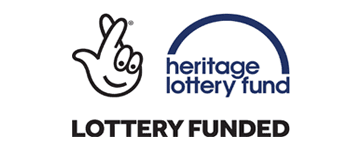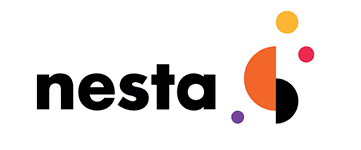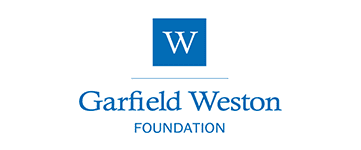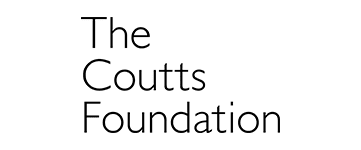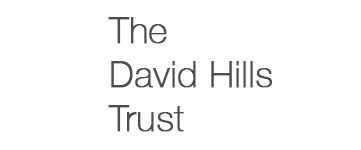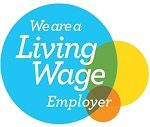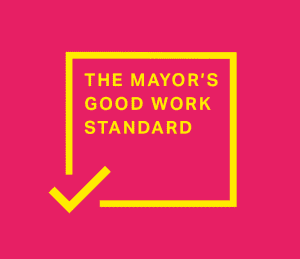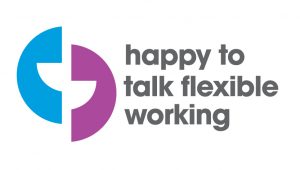Deliverance: The story of the 2018 Uber strike and its impact
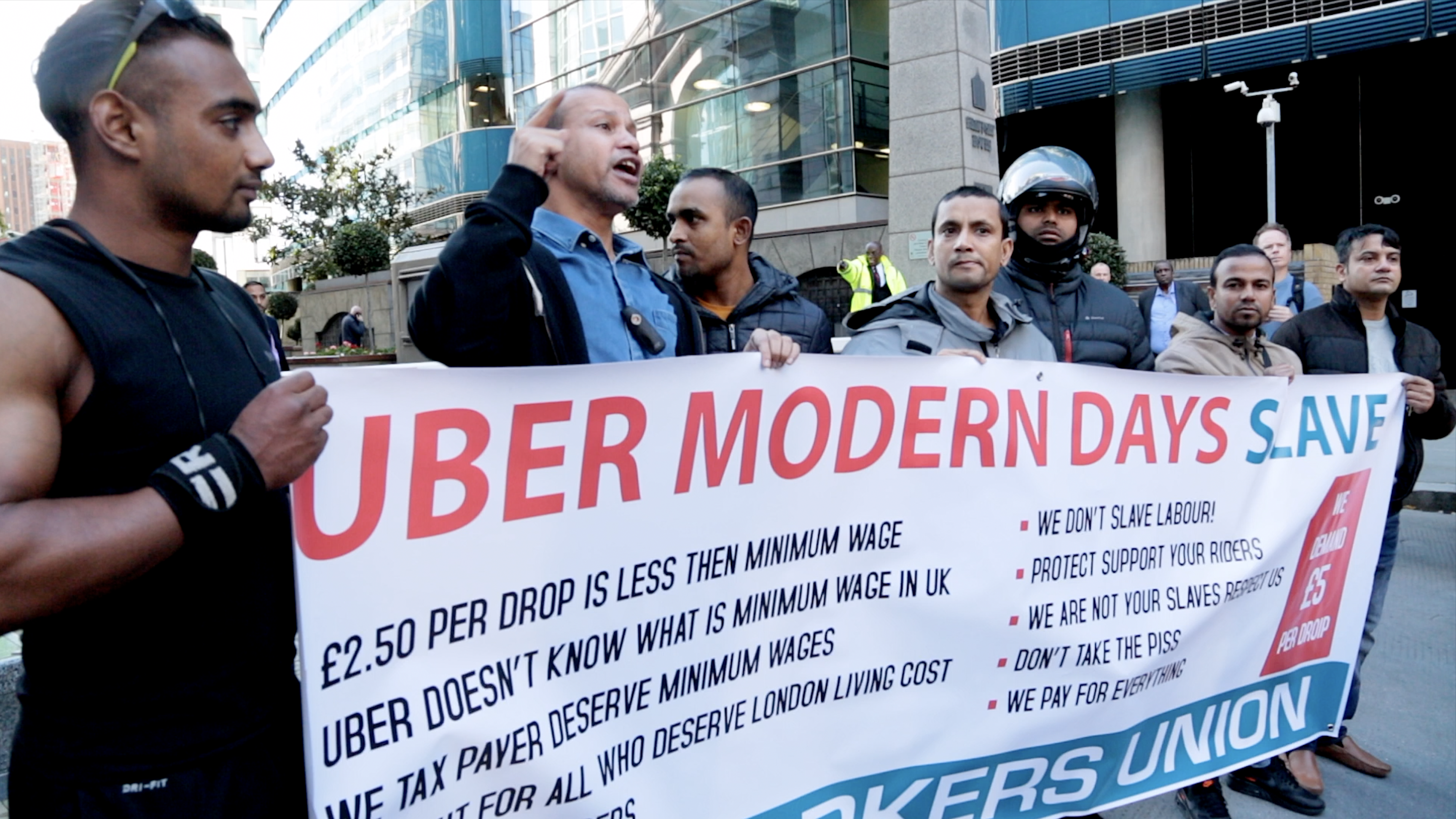
This blog reflects on a recent screening of Maria Andrews’ community-commissioned film ‘Deliverance’ and the subsequent panel discussion on the challenges facing uber drivers.
By Daria Koukoleva, Research Intern at Toynbee Hall. Photos from the Deliverance film, courtesy of Maria Andrews.
In 2018, Uber riders went on strike. Maria Andrews’ community-commissioned film ‘Deliverance’ covers that story. It hinges between the conditions then and now and talks to riders today about the issues they face. What, if anything, can be seen as a legacy of strike gains today?

‘Deliverance’ was screened on 19 July at Streets of Growth as part of The People’s History of Petticoat Lane cultural programme. After the screening, Toynbee Hall Chief Exec Rebecca Sycamore chaired a discussion with Maria Andrews (Director), Matthias Kispert (Artist, researcher and educator), Dr Adam Badger (Researcher at Oxford Internet Institute), Jabed ex-rider and activist, Brittney (Business owner of Holy Shot) and Richard York (Rainbow Collective).
“If you work in retail, healthcare – welcome, you’re in the gamification game!”
Dr Adam Badger, gig economy researcher, pointed to the growing trend in platform businesses using game-based strategies as a financial incentive to make their workforces more productive.
Timeline of the strikes:
October 2018: Uber drivers went on strike and issued numerous demands, including their recognition as workers empowered with employment rights, minimum wage, and holiday pay. These strike demands were put forward with riders proposing increases in fares, cuts to Uber commission rate from 25% to 15%. Chief among these was the demand to end unfair deactivations of driver accounts, as riders could not appeal these unilateral decisions nor present their own evidence. The strikes also highlighted the the dangers of working to meet “surge pricing” incentives, though Uber denied the allegation that it engages in this practice. The platform now indicates full transparency when surge pricing occurs.
December 2018: When Uber denied that riders had ‘worker’ status, the UK Court of Appeal dismissed Uber counsel’s argument that riders were third party contractors, a decision which Uber appealed to the Supreme Court.
February 2021: The UK Supreme Court dismissed all the motions of Uber’s appeal, ultimately upholding that Uber drivers are workers and therefore entitled to employee benefits, including employment rights, minimum wage, and holiday pay.
June 2022: The App Drivers and Couriers Union (ADCU) called further strikes as Uber did not follow the Supreme Court ruling, and did not match pay to the rising cost of living.
May 2023: The 3rd UK Fairwork Report found that Uber, among 12 other digital platforms, has failed to meet the 5 basic standards for fair work.
After the screening of the film, the panel began by discussing some of the consequences of gamification and algorithm-based workplace models, including the dangers posed to riders of risk-taking on the road to maximise their income.
The platforms’ algorithm actively encourages risk taking, with ex-rider and activist Jabed sharing:
“When it’s raining and cold they offer a £1 increase to drop off. If it’s freezing, the riders want to stay at home in poor weather but they encourage you to work even though it’s less safe.“

Platform-based businesses, like Uber, pay riders on a weekly basis for the number of trips driven. The platform algorithm determines pay by calculating numerous factors, such as distance of trips, type of car driven, time of day, and location. Uber does not subsidise fuel, private hire insurance or other vehicle-related costs. As riders compete with each other for consumer demand, Uber uses a work model which offers gamified pay incentives. As a result, many riders feel compelled to take risks like sitting for long hours without breaks, using the app while driving to accept new rides, driving alone at night, and putting up with abuse to avoid bad ratings in order to increase their pay to get a liveable wage.

Richard York from the Rainbow Collective observed that these models are tested in the least protected workplaces first:
“10 or 11 years ago working in Cambodia, we were seeing machines that were recording how many garments workers were sewing – we could see these multinationals were testing these things out in invisible working spaces, ready to bring these ways of working here.“
Small business owner, Brittney from Holy Shot, an independent coffee shop, pointed out that conglomerates like Uber take an unsustainable cut from independents too – “It got to the point we stopped doing Deliveroo and Uber and in the end we only made 5/10% off it. The staffing costs were going higher and it wasn’t covering it. We only do it now for highest mark-up items.“
Panelists went on to share a variety of ideas on how we can support gig economy drivers:
“The potential is there to flip it, with global technology. But then you’ve also got the potential to organise a global resistance. How do we get to the point where we organise digitally as well be exploited digitally?“
“Local businesses can come together to get off the apps, we need to have a local option.“
“Boycotts don’t work in this economy. If no food is ordered, there’s no pay. And always pay your tips in cash!”
“We need to recognise as wages get cut, living conditions get worse and worse. And these loopholes get opened up like with the Shadwell fire, and landlords renting one bed flats to many insecure workers. It’s here, it’s now and it’s deadly. We need to find new ways to be in solidarity, like looking to the LRU and other unions to work together. It’s not happening in Parliament but we can put our efforts into local organising.“
“One option is cooperatives but it needs some public funding. Another thing is diminishing the labour supply. If there was more support for people there would be less people needing to do these jobs. People shouldn’t be forced to take this work. Join protests!“
“The rise in renting of Uber/Deliveroo accounts generally means undocumented workers – this means migrant rights are workers’ rights. We also need to recognise this work is high skilled.”
“If you are in a union make sure you are protecting the least secure workers”
“We need more police – I find police don’t want to work in conditions now. We have a weakness point there. They aren’t getting enough benefit. As a community we can do a lot of things. We can look out for each other and confront thieves.”
To arrange a screening of the Deliverance film, please contact manifestfilm@gmail.com.
Find out what other events are coming up celebrating the history and heritage of Petticoat Lane.





